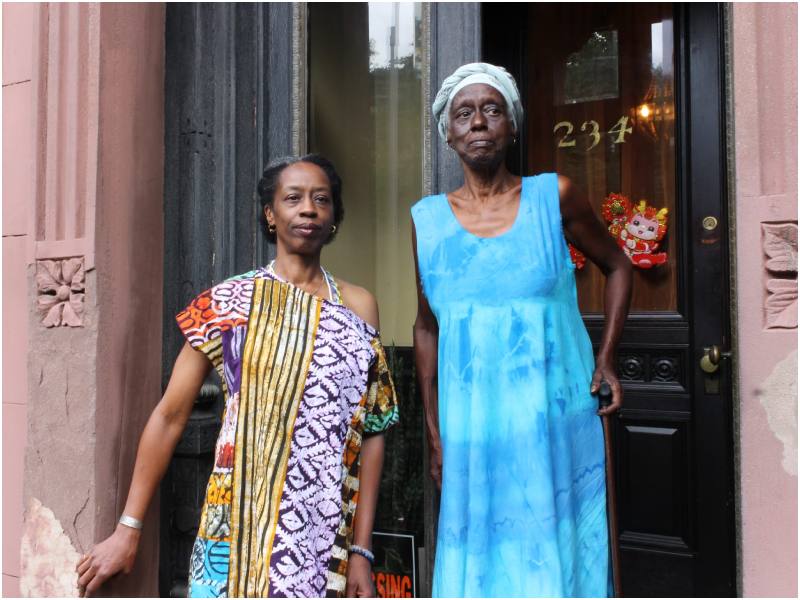A historic home in Bedford-Stuyvesant, Brooklyn, is facing significant upheaval as Ayisha Doyle and her mother contend with an unexpected challenge to their ownership.
The conflict began in 2017 when an estranged uncle reportedly sold a 75% share of the family property to Theodore Zucker, a real estate investor from Long Island.
This sale was a shock to the Doyles, who had just paid off the mortgage on the property, which had been in their family for over 50 years.
According to Brownstoner, Doyle received a surprise call from a man claiming to have purchased a stake in the Bed-Stuy home through Arlo 67 LLC, a company linked to Zucker.
This news spurred the Doyles into action to protect their family property from a partition sale.
The issue is further complicated by the fact that Doyle’s grandmother’s will was never probated after her death in 2007. City records indicate Zucker paid $300,000 for an unspecified share, with a deed allegedly signed and notarized in Australia.
The Doyles, alongside their attorney, have questioned the legitimacy of Zucker’s purchase, specifically his ability to locate Giles and provide proof of payment.
Zucker’s first three attempts to force a partition sale were rejected by judges who ruled that Arlo 67 LLC had no legitimate claim, as Giles never legally acquired any share to transfer.
However, a fourth attempt succeeded on a technicality, and the partition sale proceeded.
The Bed-Stuy home was auctioned on June 6 for $1.7 million, with Zucker’s LLC emerging as the buyer, though the sale has not yet closed.
“The court, in issuing their judgment of partition and sale and allowing the premises to proceed to auction, has confirmed that Arlo has a valid ownership interest therein,” Zucker’s attorney stated.
In response to such issues, the New York State Attorney General’s office has initiated community sessions on preventing foreclosure and deed theft.
Additionally, $150 million has been allocated to fund legal services to assist homeowners, aiming to protect vulnerable property owners from partition sales and similar threats.
This case highlights the complexities and potential pitfalls in property ownership and inheritance, particularly when proper legal procedures, such as probate, are not followed.

